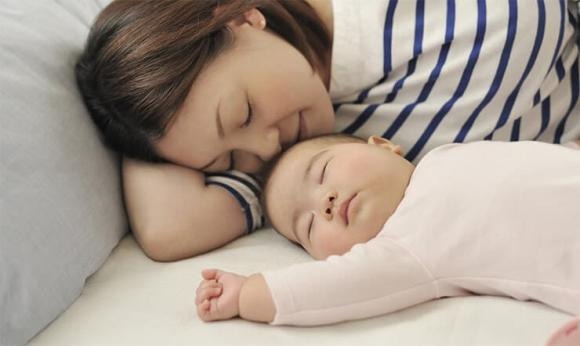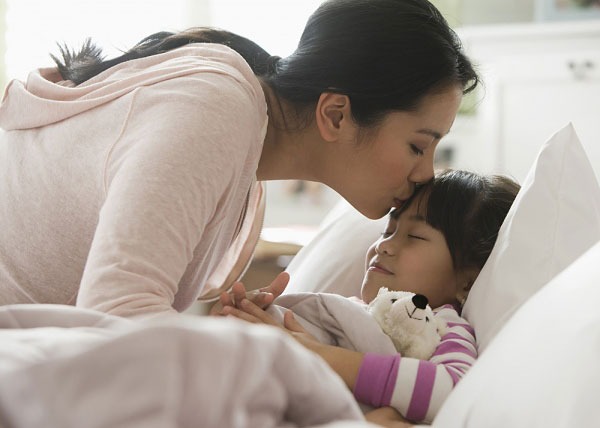Western countries often have their children sleep separately from a very young age. But Vietnamese people usually have their children sleep together until they are 5-6 years old, even longer. So during the early stages of life, sleeping together with parents falls into the following categories, which will make it easier for children to succeed in the future.
Smart parents
Smart parents play an important role in deciding whether children should sleep together when they are young. This has a positive impact on the brain development and personality formation of children, especially when guided by smart parents. The intelligence of children depends not only on genetics but also on the process of education and training.

Parents have a big influence on stimulating or limiting the optimal development of children’s brains. For children who sleep with smart parents, listening to them read books, telling stories, and instructing them on how to cope with difficulties can promote learning and overall development.
Parents with good personality
Parents with good personalities are a positive influence on children. When children sleep with parents who have good personalities, they absorb positive values about behavior, dignity, attitude, and actions of their parents.
This helps build a good foundation for children’s moral and social development. Conversely, if a child sleeps with parents who have negative personalities, it can have negative effects and impact the child’s psychology during sleep.

Parents who are patient
Parents who are patient play an important role in deciding whether children should sleep together when they are young. Patient parents usually have a positive impact on the child’s personal development. Before going to sleep, children often have a need to share and confide with their parents about what they have experienced during the day. This becomes interesting and attractive when parents patiently listen.
Children who are patiently listened to by their parents often develop positive personalities. They become optimistic, positive, and have the ability to show concern and love towards others. The happy life of children is built on a strong spiritual foundation, helping them learn how to care and share joy with those around them.
6 signs of a miserable life that only intelligent children have
If you notice any of the following traits in your child during the age of 0-6, congratulations! This indicates that your child has innate intelligence. Therefore, parents should observe their children for the following characteristics.





































